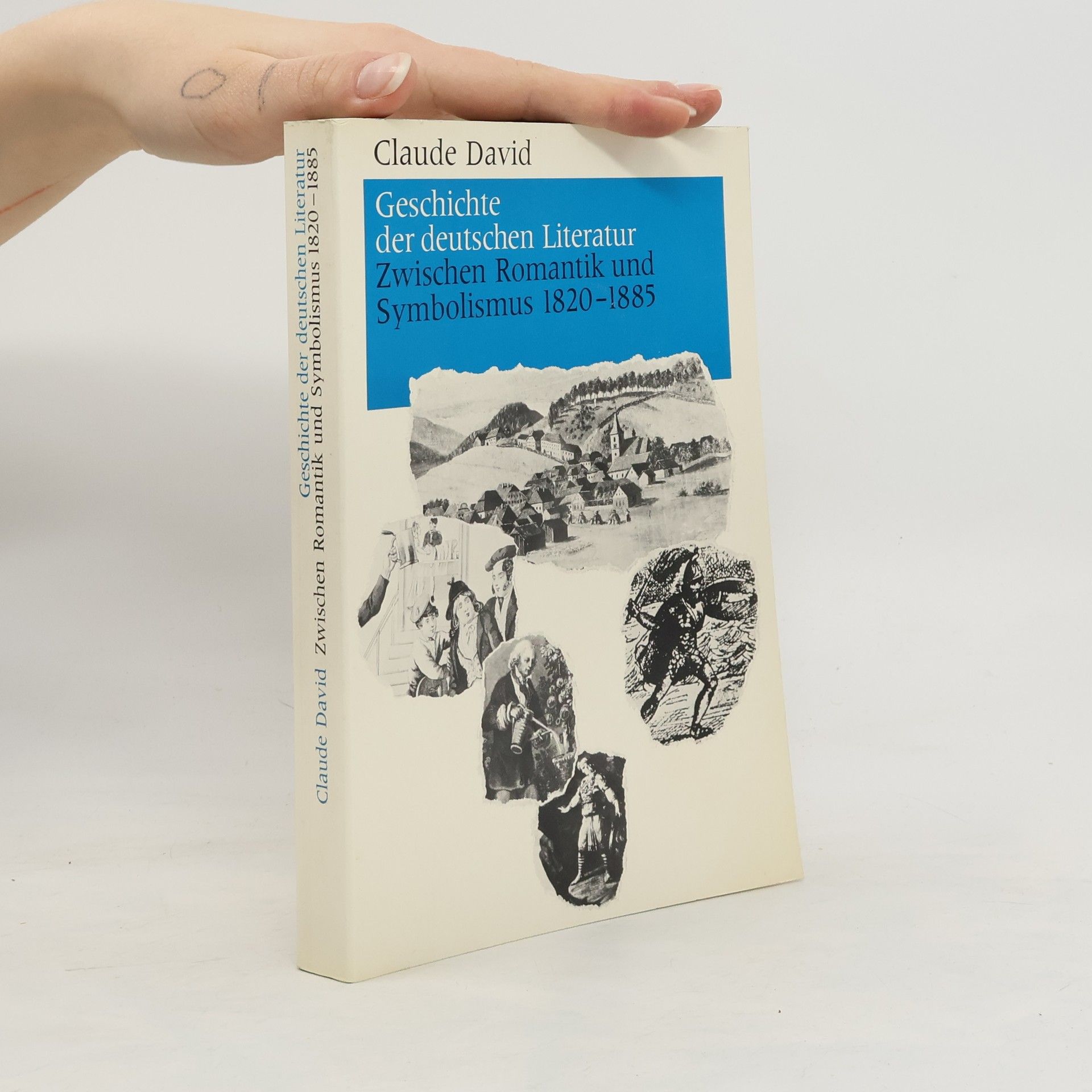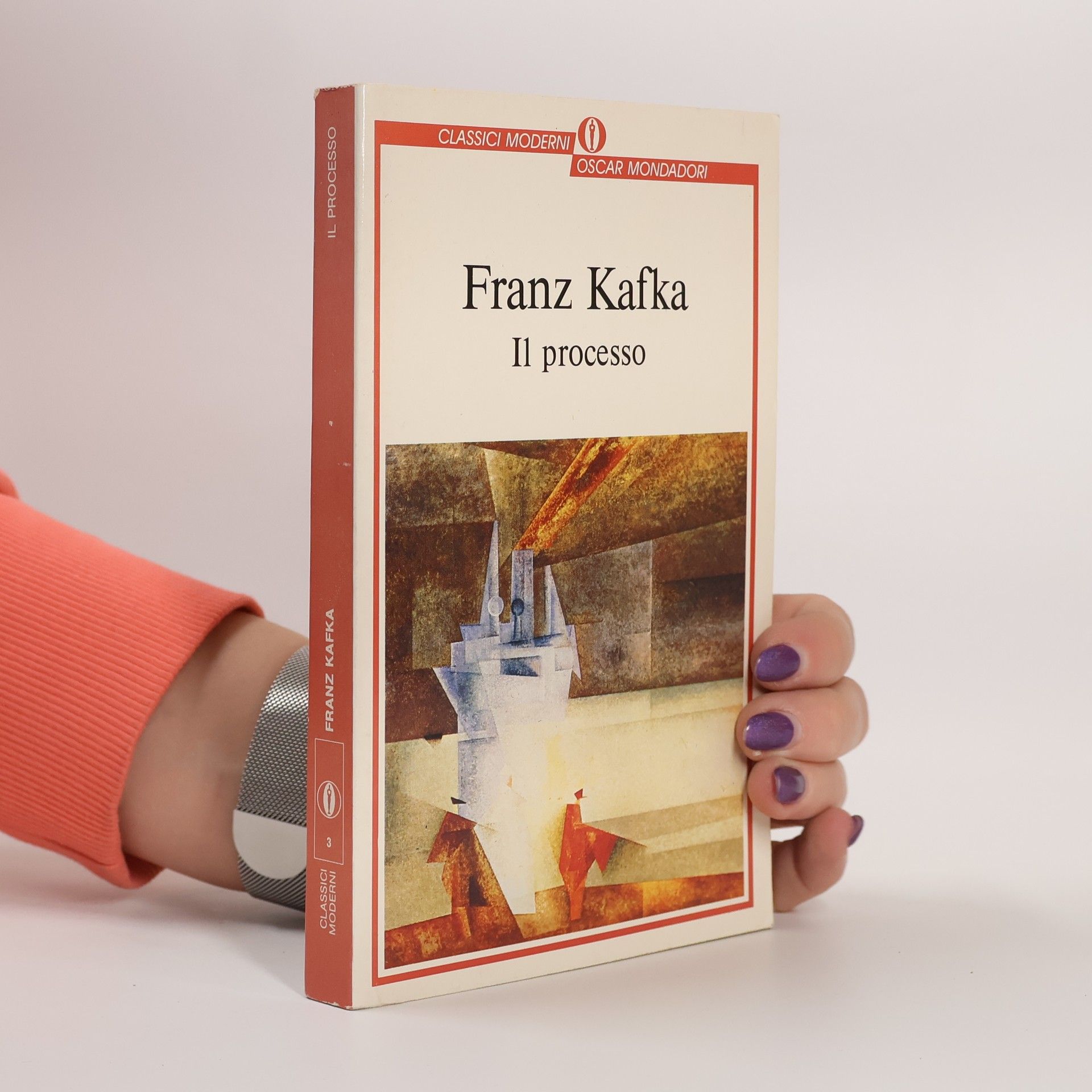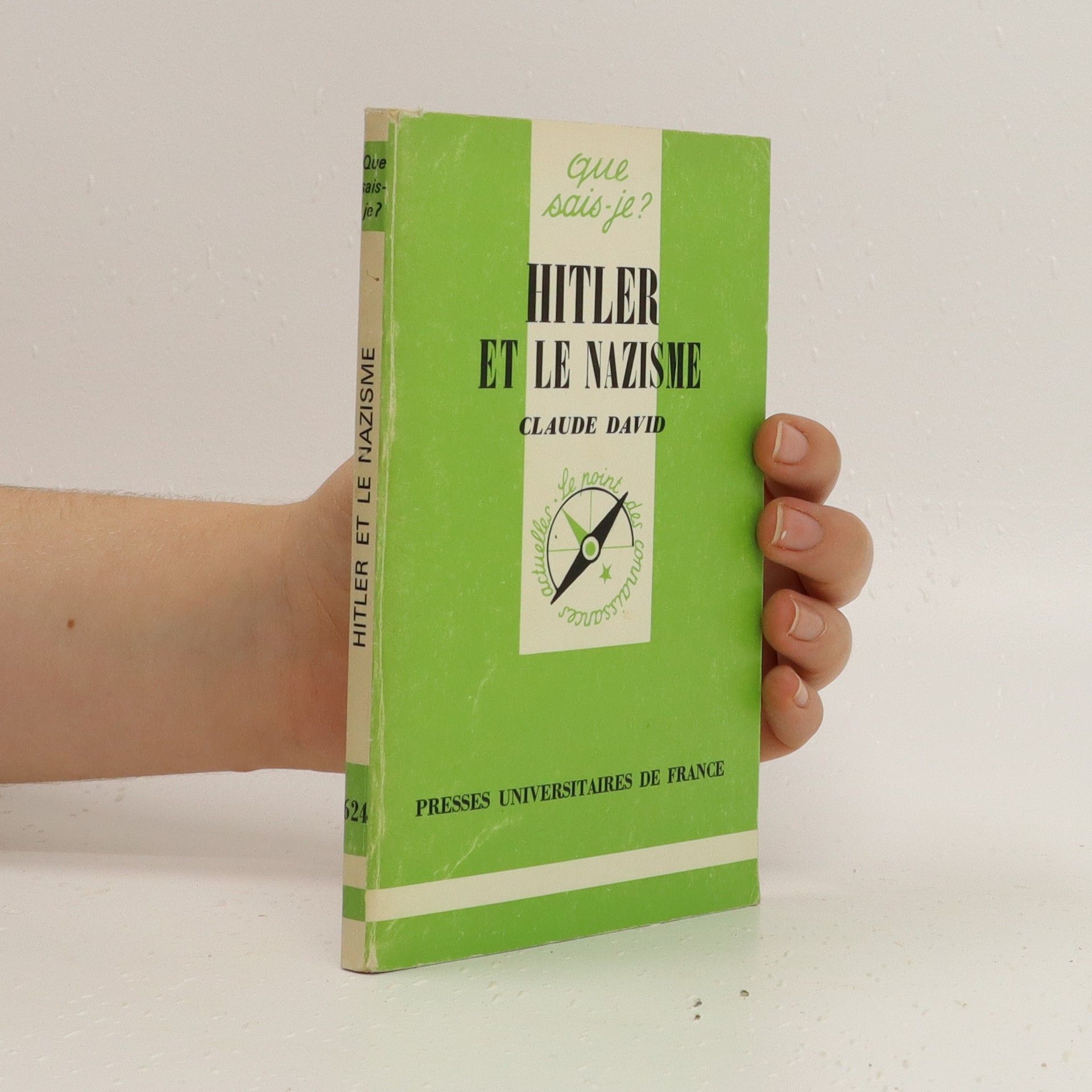Claude David Libri






Il processo
- 219pagine
- 8 ore di lettura
Josef K., condannato a morte per una colpa inesistente, è vittima del suo tempo. Sostiene interrogatori, cerca avvocati e testimoni, soltanto per riuscire a giustificare il suo delitto di "esistere". Ma come sempre avviene nella prosa di Kafka, la concretezza incisiva delle situazioni produce, su personaggi assolutamente astratti, il dispiegarsi di una tragedia di portata cosmica. E allora tribunale è il mondo stesso, tutto quello che esiste al di fuori di Josef K. è processo: non resta che attendere l'esecuzione di una condanna da altri pronunciata.
Sul balcone della pensione Ottoburg di Merano, dove si era recato per un soggiorno di cura, Kafka scrisse, a partire dall'aprile del 1920, le prime lettere a Milena Jesenská Pollak, una giovane traduttrice ceca che aveva conosciuto a Praga. Amici e amiche così la descrivono: "Fu prodiga di tutto in misura incredibile: della vita, del denaro, dei sentimenti ... Non considerava vergogna avere sentimenti profondi. L'amore era per lei un che di chiaro, di ovvio". Kafka ne completa il ritratto: "Lei è un fuoco vivo come non ne ho mai visti". Prima di Milena ci furono altre donne nella vita di Kafka, ma nessun'altra riuscì a scandagliare così in profondità l'animo di un uomo costretto all'ascesi non per vocazione o come scelta di un atto eroico, ma per l'incapacità di scendere a compromessi. Le Lettere a Milena sono la cronistoria di un amore complesso, profondo e che già prima di iniziare sembrava destinato a finire.
La presente edición se propone brindar al lector la posibilidad de acercarse a los textos originales de los relatos de Franz Kafka, libres de las fusiones y "arreglos" arbitrarios a que los sometió su amigo y editor Max Brod tras su muerte, y que han circulado desde entonces en numerosas ediciones fragmentarias. El volumen reúne todos aquellos escritos de Kafka que pueden ser incluidos en la categoría de "relatos" (sin excluir La metamorfosis , a pesar de su mayor longitud), "narraciones", "piezas narrativas", "poemas en prosa", "cuentos" o "fragmentos" traducidos a partir de los textos originales, sin filtros ni retoques, utilizando para ello los propios manuscritos del autor y, cuando éstos no se han conservado, las ediciones autorizadas por Kafka. El criterio primordial para elegir estos textos ha sido su pertenencia al mundo de la ficción, es decir, no incluimos escritos autobiográficos, como fragmentos de los Diarios, ni otros escritos, como la Carta al padre , en los que Kafka elabora claramente situaciones personales desde una perspectiva alejada de la literatura. Esta edición, preparada con esmero y gran conocimiento de la obra kafkiana por José Rafael Hernández Arias, ha sido posible gracias a la tendencia iniciada recientemente en los países de lengua alemana de publicar los manuscritos de Kafka en edición facsímil, y su ordenación cronológica nos ofrece un friso de la evolución creadora de este clásico del siglo XX.